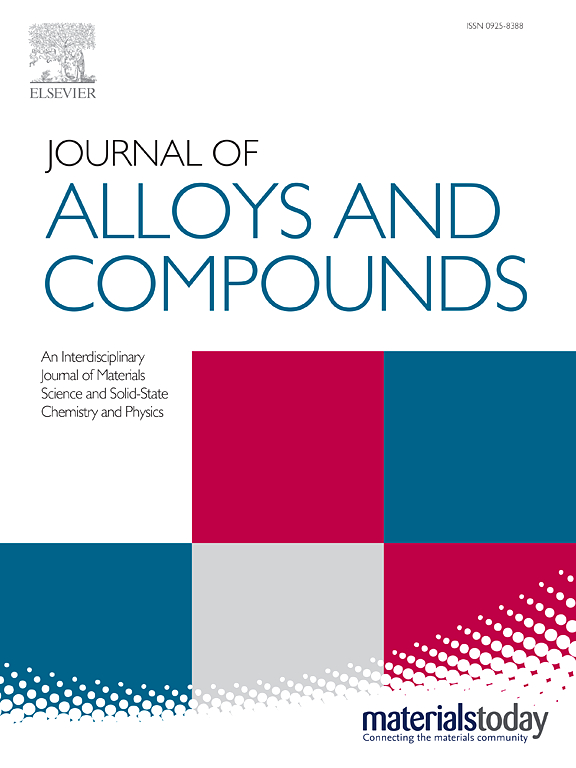用于超级电容器的镍钴酸盐纳米结构及其复合材料简评
IF 6.3
2区 材料科学
Q2 CHEMISTRY, PHYSICAL
引用次数: 0
摘要
超级电容器(SC)以其超强的功率、相对较高的能量密度、较长的使用寿命和较低的生产成本而被公认为是满足日益增长的储能应用需求的理想解决方案。超级电容器的性能在很大程度上受电极材料选择的影响,因此开发新型材料成为高性能超级电容器领域的一个重点。最近,NiCo2O4 作为一种电极材料引起了广泛关注,因为它具有理论容量高、成本低、天然丰富、易于合成和优异的电子导电性等显著优点。然而,镍钴氧化物的低导电性和有限的比表面积限制了其性能,导致其容量显著下降。这篇综述文章全面概述了用于开发超级电容器应用的镍钴酸盐及其复合材料的合成方法。文章详细介绍了各种合成方法,包括溶胶-凝胶法、水热法、化学沉积法和电纺丝技术,重点是优化合成参数,以提高这些复合材料的电化学性能。综述最后展望了将尖晶石镍钴氧化物用作超级电容器电极的未来前景。本文章由计算机程序翻译,如有差异,请以英文原文为准。
A brief review of Nickel cobaltite nanostructures and its composites for supercapacitor application
Supercapacitors (SCs), recognized for their exceptional power and relatively high energy densities, long lifespan, and lower production costs, have emerged as an ideal solution to meet the growing demand for energy storage applications. The performance of supercapacitors is significantly influenced by the choice of electrode materials, making the development of novel materials a key focus in the field of high-performance supercapacitors. Recently, NiCo2O4 has attracted considerable attention as an electrode material due to its notable advantages including high theoretical capacity, low cost, natural abundance, easy of synthesis, and excellent electronic conductivity. However, the performance of NiCo2O4 is constrained by its low electrical conductivity and limited surface area, which lead to significant capacity degradation. This review article offers a comprehensive overview of the synthesis approaches employed to develop nickel cobaltite and its composites for supercapacitor applications. It details various synthesis methods, including sol-gel, hydrothermal, chemical bath deposition, and electrospinning techniques, with a focus on optimizing synthesis parameters to improve the electrochemical performance of these composites. The review concludes with future perspectives on the advancement of spinel NiCo2O4 for use as supercapacitor electrodes.
求助全文
通过发布文献求助,成功后即可免费获取论文全文。
去求助
来源期刊

Journal of Alloys and Compounds
工程技术-材料科学:综合
CiteScore
11.10
自引率
14.50%
发文量
5146
审稿时长
67 days
期刊介绍:
The Journal of Alloys and Compounds is intended to serve as an international medium for the publication of work on solid materials comprising compounds as well as alloys. Its great strength lies in the diversity of discipline which it encompasses, drawing together results from materials science, solid-state chemistry and physics.
 求助内容:
求助内容: 应助结果提醒方式:
应助结果提醒方式:


